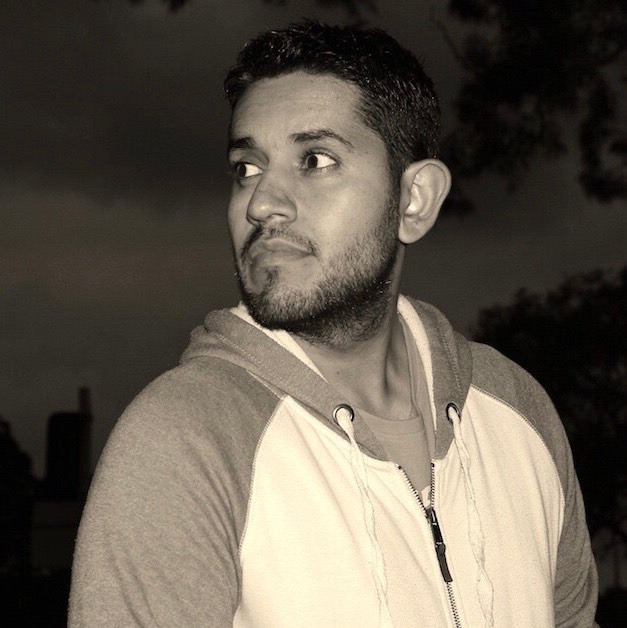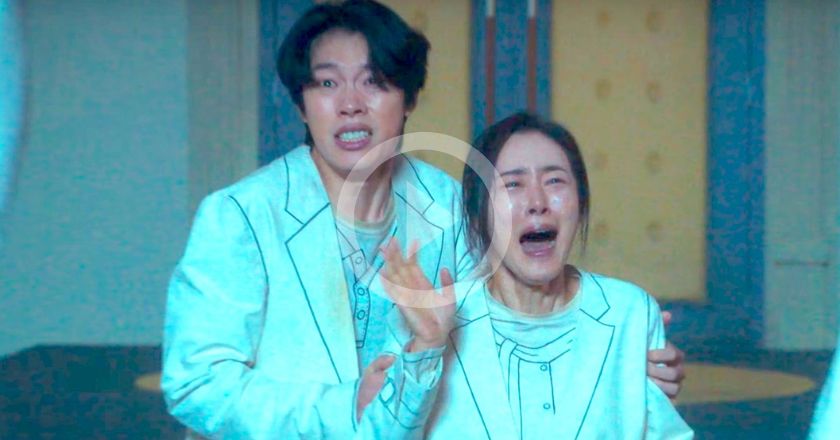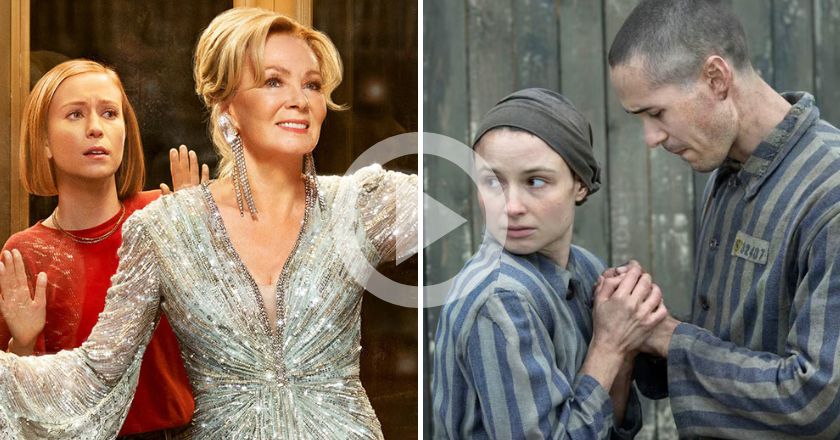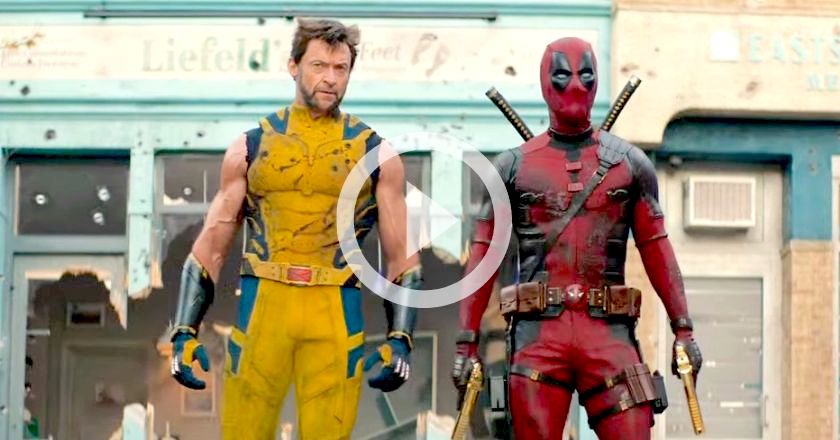
Martin Scorsese. The name is synonymous with cinema. With a resume boasting some truly masterful features, it’s become easy to expect strong work from the long-renowned filmmaker. It’s almost unfair on the man. And so, perhaps unsurprisingly, we have another winner with Silence, although it’s certainly not in that gritty yet crowd-pleasing vein that some Scorsese fans may be searching for.
Andrew Garfield, on an impressive faith-focused run with Silence and Mel Gibson’s Hacksaw Ridge, plays Rodrigues, a Portuguese Catholic Father who, along with Father Garupe (Adam Driver), heads to Japan in search of his missing mentor, Father Ferreira (Liam Neeson). It is 1633, Christianity has been outlawed throughout Japan, and Christians practice their faith in secret at the risk of execution.
This has been quite the passion project for Scorsese. The filmmaker has wanted to craft a film adaptation of Shûsaku Endô’s 1966 novel of the same name for around 25 years. Daniel Day-Lewis, Benicio del Toro, and Gael García Bernal were even in negotiations to star at one point, but one thing or another kept Silence from fruition. Nevertheless, thankfully, rights-holder Scorsese kept it mind.
It’s undoubtedly a personal film for Scorsese, who’s tackled faith and religion before in different ways, whether it be in the more obvious (The Last Temptation of Christ, Kundun) or the more subtle (characters dealing with redemption and Catholic guilt in films such as Mean Streets and Gangs of New York). With Silence, Scorsese presents a meditative, harrowing and soulful look at faith, the strain it can place on certain individuals holding it, the arguments humanity has for and against faith and religious practice, and the lengths we will go to in defense of our respective belief systems.
Scorsese’s direction, as usual, oozes supreme confidence, years of experience providing him with the ability to craft tone and thematical depth with deceptive ease. Working with two-time Oscar-nominated cinematographer Rodrigo Prieto (Brokeback Mountain, Argo, The Wolf of Wall Street), Scorsese crafts truly potent visuals, frames capturing period detail and challenging emotion with inspired wide shots and heartfelt close-ups. Despite a tight budget (Scorsese and his leads were apparently pushed to work for minimum pay), the film is technically and aesthetically impressive.
It is certainly fascinating to compare this to something such as The Wolf of Wall Street. Silence captures its title in more ways than one, as Scorsese crafts scene after scene of quiet beauty and devastation, pulling back from over gore and violence, but without lessening the impact. It’s still very brutal. The narrative is indeed a downbeat affair, leaving the audience feeling helpless as horrors and wave after wave of tortures unfold, but that would the point. We walk in Rodrigues’ shoes, witnessing the pain of the innocent, feeling anger with those behind the persecution, and relentless frustration with the silence, the testing of faith.
It’s perhaps this acute focus on faith and being a devout Christian at this time that may provide a test of patience for some viewers. The screenplay by Scorsese and Jay Cocks (the two have previously worked together on The Age of Innocence and Gangs of New York) presents an at-times punishing exploration on the subject, and at 2 hours and 41 minutes the narrative doesn’t offer up many tangents in themes or, say, action sequences for audiences to grab on to. To put it simply, if one enters without any idea of what lies ahead or isn’t on board early on, there’s a chance the repetitive nature and lengthy running time could provide a trial of endurance. Admittedly, I did find the repetition provided a slight hindrance, but by the end, I was enraptured and deeply affected.
On the acting side of things, Garfield once again proves that he can deliver the goods in all manner of film. His performance here is utterly exhausting, a physical, highly emotional turn that draws the audience in. Garfield becomes Rodrigues, carrying the weight of this man’s conviction and religious struggle. Driver impresses as Garupe, his gaunt look and pained frustration wonderfully conveyed. The film also boasts a number of very strong performances from Japanese cast members, including Shin’ya Tsukamoto, Tadanobu Asano, Issei Ogata (oh-so detestable as a merciless inquisitor), and Yôsuke Kubozuka, who delivers a fantastic turn as a character simultaneously tragic, bothersome and amusing.
Silence is clearly a work of love and passion, a personal film from one of cinema’s finest craftsmen. The very nature and subject of the film leave it open to personal introspection and subjective impact, which is itself quite an achievement. Scorsese’s exploration of religious persecution and the trials of faith is no easy journey, not in the slightest, but it’s a trip most certainly worth taking.









